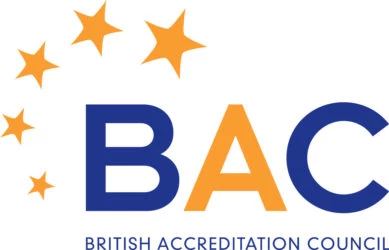The first weekend of Reach Cambridge Summer School is approaching and everyone is excited about the trips we’re going to take! Here’s a little trailer about what Reach is planning around William Shakespeare…
Shakespeare was an English poet and playwright, writing at the end of the 16th century, and is widely regarded as the greatest writer in the English language and one of the world’s pre-eminent dramatists. He is often called England’s national poet and the ‘Bard of Avon’. His works, including some collaborations, consist of about 38 plays, 154 sonnets, two long narrative poems and a few other verses, the authorship of some of which is uncertain. His plays have been translated into every major living language (as well as Latin!) and are performed more often than those of any other playwright.
A highlight of any trip to Britain is a visit to Shakespeare’s birthplace, Stratford-upon-Avon. When you go to Stratford, you will have the opportunity to soak up the atmosphere of this lovely old market town in the Midlands of England and find out plenty about its most famous citizen. Stratford is home also to the Royal Shakespeare Company, whose main theatre has had a great makeover and is now even more impressive and a wonderful space for the plays. The older theatre The Swan is still there too, and its setting is smaller and more intimate.
Although Stratford is hugely important as his birthplace (the house where he was born is open to visitors), Shakespeare wrote and worked mainly in London. In recent years there was a very exciting project to constuct a replica of the main theatre which he used, the Globe, following original notes and sketches. This is on the South Bank of the River Thames in London and is, as it was in Shakespeare’s time, an outdoor theatre. Students have the opportunity to visit the Globe whilst at Reach Cambridge, and there you will see and feel the difference of the old-style theatre, where the audience for the most part stood and moved around watching the play in daylight, rather than sitting in a darkened theatre. You will be one of the standing audience – the Groundlings, as they were called – during this unique experience.
Shakespeare’s plays may have been written 400 years ago, but the issues they deal with are timeless and as relevant to today’s audience and society as they were to earlier ones, which is why they have everlasting appeal. Any encounter with his life and works will add to and enrich your experience in England.
By Marie, Head of Admissions








